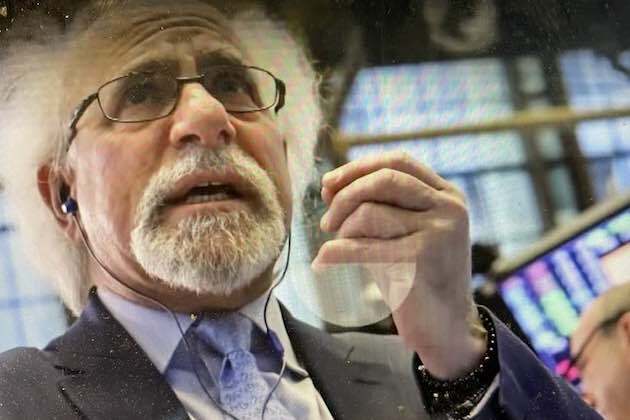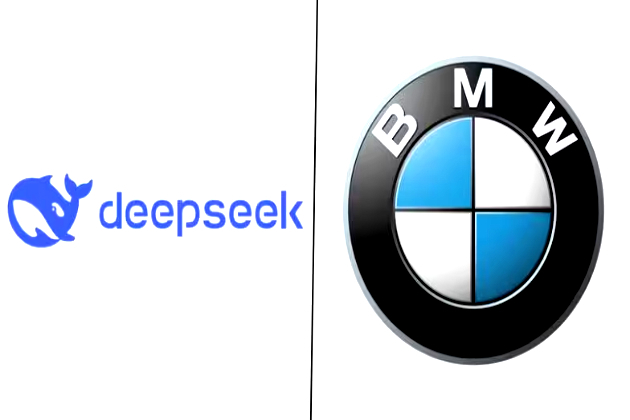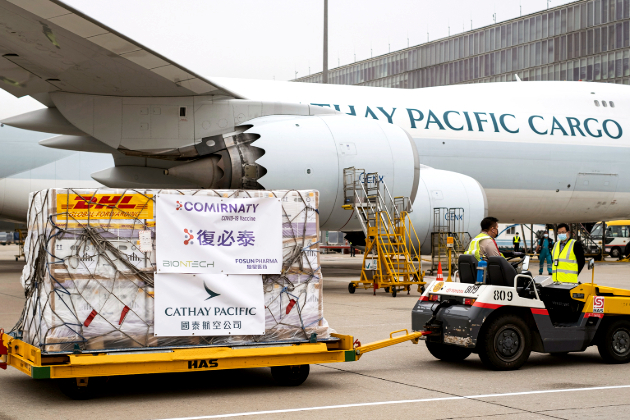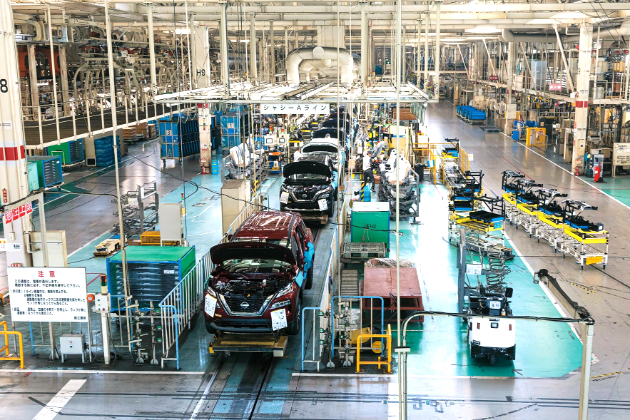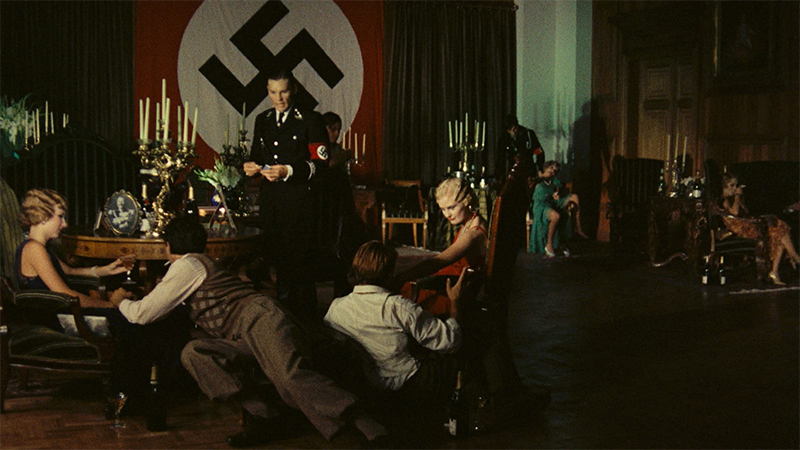Holocaust survivors rebuild lives and traditions in Rio de Janeiro
United Nations
15 Feb 2020, 11:51 GMT+10
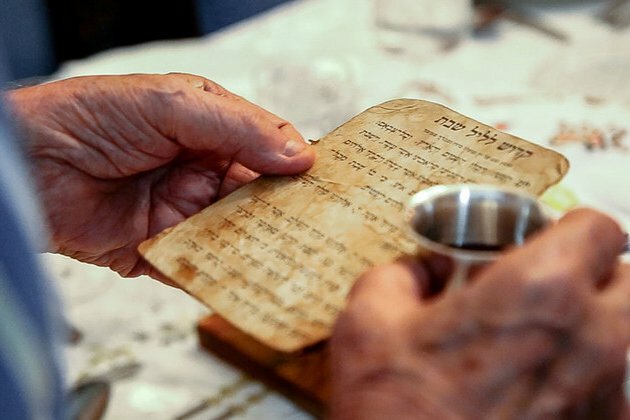
Courtesy Freddy Glatt Family Holocaust survivor Freddy Glatt's parents in front of their sewing shop in Berlin. Courtesy Freddy Glatt Family
On a Friday night, which marks the beginning of Shabbat, the holy day for Jews worldwide, Freddy Siegfried Glatt gathers with his family in his apartment in the city of Rio de Janeiro, where he performs the Shabbat prayers alongside his children, grandchildren and great-grandchildren.
About to turn 92, he bows before the dinner table full of wine glasses and pieces of bread, and performs the - the Jewish ritual of lighting candles at dusk.
"I am very grateful to Brazil. I have Brazilian grandchildren and great-grandchildren. On Shabbat, this table is full of people. And small children run around the house making a mess", he said.
The son of a Polish couple, Glatt was born in Berlin in 1928. His family was forced to flee just months after Hitler's rise to power in 1933, after his parents' sewing shop was stoned by members of the Hitler Youth.
His life was marked by repeated forced displacements. At the age of five, he would become a refugee alongside his parents and his two older brothers, Bubbi and Heinz. The family would initially settle in Antwerp, Belgium, where their maternal grandparents already lived.
With the intensification of the Second World War in 1940, Antwerp was targeted by a German aerial bombing campaign. The family had to move again, this time to France.
"From Belgium, I fled to France. From France, I went back to Belgium, but to another place (Brussels). I adopted a false name: Freddy Van Damme, a Flemish name. And so, I saved myself", said Mr. Glatt.
In Brussels, a law required the Jewish people to sew a Star of David on their clothes with the inscription: "Jew". Glatt refused to wear it. "I pulled it off and threw it away. I wasn't an animal to be branded. I didn't want everyone on the street to see that I was a Jew. I was very scared", he recalled.
Freddy Glatt performs the , the Jewish ritual of lighting candles at dusk., by UNIC Rio
In 1942, young Jews who lived in occupied Belgium were asked to volunteer for construction work. One of the calls from the German authorities listed the names of Mr. Glatt's two older brothers, who at the time, were 19 and 21 years old.
The call to work was just a trap. Mr. Glatt later learned that his brothers were taken and murdered at Auschwitz-Birkenau, the largest German Nazi concentration and extermination camp in occupied Poland. Shortly thereafter, Glatt's grandparents were also deported to their deaths at the infamous site.
"They killed my brothers, my grandparents. They killed all of my high school classmates. I am here today because I was very lucky. I am lucky," said Mr. Glatt.
In weeks, the family had been reduced from six individuals - Glatt's parents had been separated - to just two, Glatt and his mother. The German occupation was expanding in Belgium and soon the family would receive a warning from a neighbour that the Gestapo would soon be in search of Jews.
Mr. Glatt and his mother had to move again to another apartment in Brussels and avoided going out into the streets. They sold belongings to get food and lived in a state of constant dread. "I went without food several times. Eight days without eating, just drinking cold water from the tap", he said.
In 1943, Mr. Glatt's mother contacted the chief rabbi of Belgium, who worked to rescue Jewish youth and children and shelter them in Catholic orphanages and seminaries. Mr. Glatt took shelter there until the end of the occupation in 1944. His mother continued to live in hiding in the old apartment.
Freddy Glatt blesses bread at the beginning of Shabbat, the holy day of the Jewish religion., by UNIC Rio
The reunion between mother and son occurred after the arrival of the Allied forces, signalling an end to the war.
Even having survived, the family continued to struggle, as Belgium - like all of Western Europe - was experiencing an unprecedented economic crisis. It was time to pack again, this time, bound for Brazil, where Glatt's father had already settled.
"For me, Rio de Janeiro was a new adventure. Imagine, having a beach! I went there the first weekend," said Mr. Glatt, who was 19 when he arrived in the country. After 12 years apart, his parents remarried. He soon got a job in a factory and in 1951 he met his wife, Betty Glatt, with whom he lives today.
In 2013, at 85, Mr. Glatt was finally able to make his Bar-Mitzvah, the rite of passage to adulthood. "I did it with a rabbi who was a friend of mine who left Brazil, went to Israel. It was very exciting", he declared.
As the current president of the Rio de Janeiro Holocaust Survivors Association, Mr. Glatt has given hundreds of lectures to explain how he overcame the barbarities of the Nazis and their attempt to destroy Jewish life, culture and religious traditions. In 2018, he published his autobiographical book "They stole my childhood".
"I think it is very important for people to know what happened. The injustices that were committed", he said, recalling that the lectures alert young people about the dangers of anti-Semitism.
Mr. Glatt has three siblings, two girls and a boy, six grandchildren and two great-grandchildren. "Brazil welcomed me," he said. "I had opportunities. I soon became naturalized (Brazilian). I have been a Brazilian for many years. I feel good as a Brazilian, I am proud", he concluded.
Mr. Glatt is just one of many Holocaust survivors who have found shelter in Brazil. They were honoured on 28 January this year, in observance of the International Day of Commemoration in memory of the victims of the Holocaust, during a ceremony organized by the United Nations Information Centre in Rio de Janeiro.
Freddy and Betty Glatt in their apartment in Rio de Janeiro, Brazil., by UNIC Rio
The event in Rio was also the occasion for the launch of the exhibition ": choice, human behaviour and the Holocaust", which will run until February 20 at the Federal Justice Cultural Centre. The exhibition reflects on what people did - or didn´t do - during the Second World War, in ways that helped the victims - or did not, by contributing to the rise of antisemitism and Nazism.
"When we think of the Holocaust, the first person we think of is Hitler and the responsibility of the German government. But this exhibition inspires us to think about how the Nazis managed to gain so much support from ordinary people. It raises the question why some people supported the Nazis and their racist ideology during the Holocaust, while others decided to help the Jews," explained UNIC Rio director, Kimberly Mann.
The exhibition was produced in partnership with the United States Holocaust Memorial Museum and The Holocaust and the United Nations Outreach Programme.
Today, the UN Country Team in Brazil continues to defend human rights and religious freedom, and the Office of the High Commissioner for Refugees has helped millions of forcibly dislocated people. Most recently, representatives of several UN agencies, based in Brazil, have mobilized to support the more than 4.6 million Venezuelans, forced to leave political unrest, and economic meltdown in the country.
 Share
Share
 Tweet
Tweet
 Share
Share
 Flip
Flip
 Email
Email
Watch latest videos
Subscribe and Follow
Get a daily dose of Israel Herald news through our daily email, its complimentary and keeps you fully up to date with world and business news as well.
News RELEASES
Publish news of your business, community or sports group, personnel appointments, major event and more by submitting a news release to Israel Herald.
More InformationInternational
SectionUS government fast-tracks energy, mining permits on federal lands
WASHINGTON, D.C.: The Trump administration announced this week that it will create a fast-track approval process for energy and mining...
Israeli prime minister hosts 80 international diplomats
JERUSALEM - More than 80 ambassadors and heads of mission from across the world were addressed by Israeli Prime Minister Benjamin Netanyahu...
US lawmakers subpoena Chinese telecom giants over security fears
WASHINGTON, D.C.: U.S. lawmakers are turning up the heat on China's biggest telecom firms, issuing subpoenas to compel their cooperation...
EU drugmakers demand higher prices to boost innovation
BRUSSELS, Belgium: European pharmaceutical companies are pushing for higher drug prices across the EU, warning that current pricing...
Michigan nuclear plant gets federal funds for historic restart
WASHINGTON, D.C.: A nuclear power plant in Michigan is hoping to become the first in the U.S. to restart after being permanently shut...
FAA acts to prevent midair collisions near Las Vegas airport
WASHINGTON, D.C.: This week, the Federal Aviation Administration (FAA) said it is taking steps to stop collisions between helicopters...
Business
SectionToyota sets March sales record as North American buyers rush in
TOKYO, Japan: Toyota's overseas sales surged to a new March record, driven largely by a rush of North American buyers ahead of newly...
Wall Street on edge, industrials gain while techs slide
NEW YORK, New York - Uncertainty about trade negotiations between the United States and China kept investors and traders on edge Monday...
US new home sales jump as buyers seize lower rates in March
WASHINGTON, D.C.: Sales of new single-family homes in the U.S. rose more than expected in March as buyers rushed to take advantage...
BMW to integrate DeepSeek AI in China models this year
SHANGHAI, China: BMW is set to incorporate artificial intelligence from Chinese startup DeepSeek into its upcoming vehicle models in...
Cathay Pacific braces for cargo slowdown amid China-US trade tensions
Hong Kong: Cathay Pacific Airways is preparing for a slowdown in air cargo traffic between China and the United States as new trade...
Nissan accelerates strategy in China to compete with global rivals
SHANGHAI, China: Nissan is making a fresh push to regain its footing in China with a US$1.4 billion investment and a pledge to speed...








